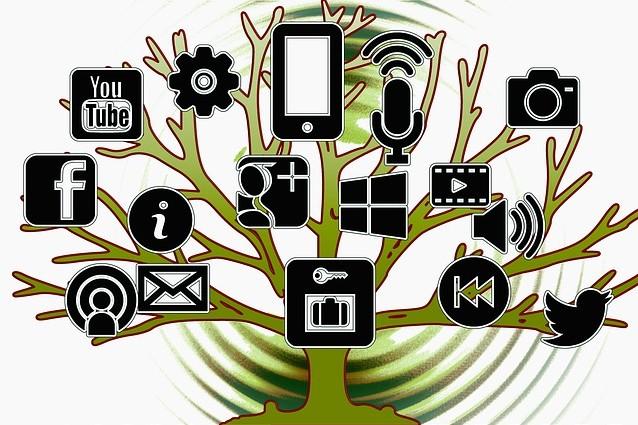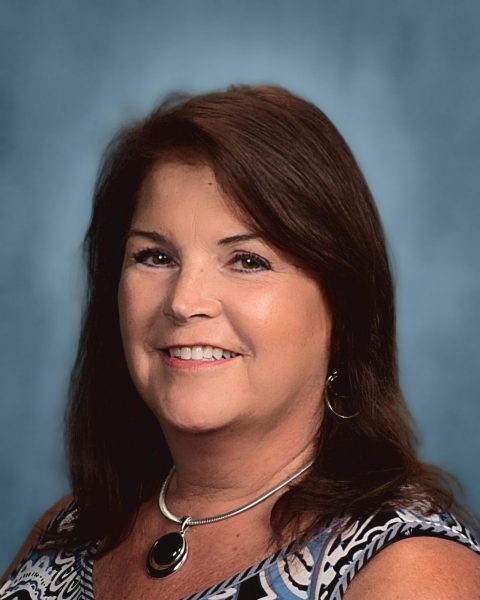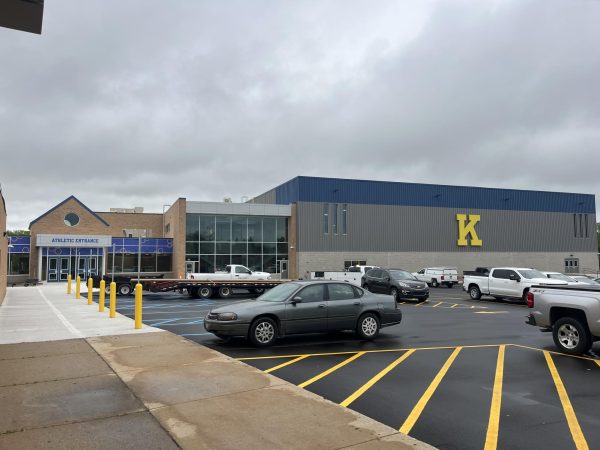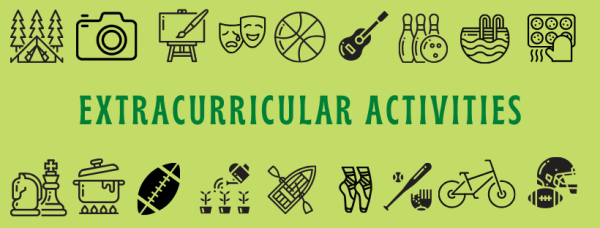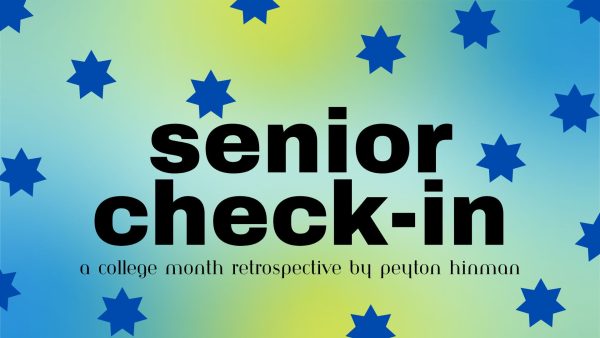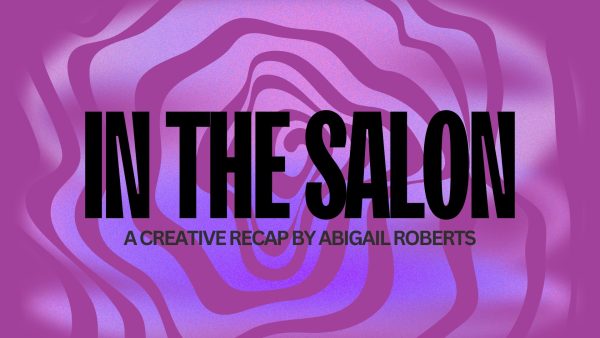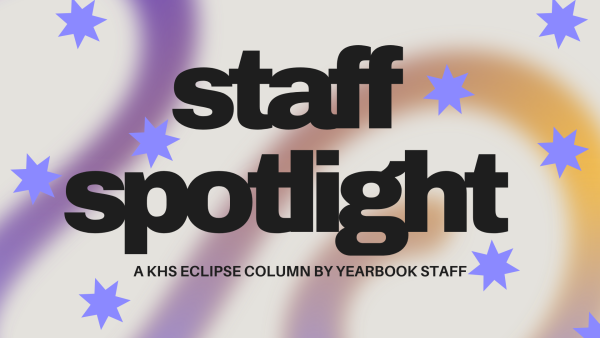Social media consumes students’ time in, out of the classroom
IMAGE / Courtesy of pixabay
In 1971 the first email was sent by Ray Tomlinson.
Now, 44 years later, social media has taken the world by surprise.
According to an eMarketer report in 2013, social media sites such as Facebook, Twitter, and Instagram are used by one of four people worldwide.
Junior Mikayla Stevens admits to being on social media from the time she gets home until the time she goes to bed.
“I’m usually constantly on it (social media),” Stevens said.
The Pew Research Center’s Internet and American Life project reported that 74 percent of teenagers between the ages 12 and 17 access the Internet on their own mobile devices, and students spend an average of 44.5 hours per week online.
Like Stevens, students often lose track of the time they spend on social media and, before they know it, hours have passed.
Mr. Mike Simms, science teacher, believes that students need to take a break from social media while in class.
“Students need to unplug and focus,” Simms said.
The widespread use of social media could very well be taking a toll on students’ academics.
Because of the advancement in social media, teenagers rely on it more, allowing negative side effects to show.
Being on social media too long can result in a student feeling tired in class, which will limit his ability to understand what is going on in the lesson.
Simms admits that he sees students often unfocused in class due to social media.
“They never are in the focused learning zone and only get part of the instructions,” Simms said. “The students then ask questions that have already been answered and valuable time is being lost.”
A study from Dr. Larry Rosen, professor of psychology at California State University, proposes that social media can negatively impact learning.
Due to the usage of social media and slang words, it is thought that the writing skills of today’s students have declined excessively.
Since students are relying so much on today’s technology, they have forgotten how to improve their writing skills and they do not know the spelling of different words or correct grammar.
However, social media is not always negative when it comes to a student’s academic performance.
Students have found that the tools social media provides enables them to learn in a compelling way.
Students also admit to social media being a much easier way to communicate with teachers or research a college.
The impact of social media can be positive or negative depending on the student and whether the student makes good or bad choices.
Junior Deontae Webster agrees that social media can negatively affect academics if “you don’t put priorities first.”
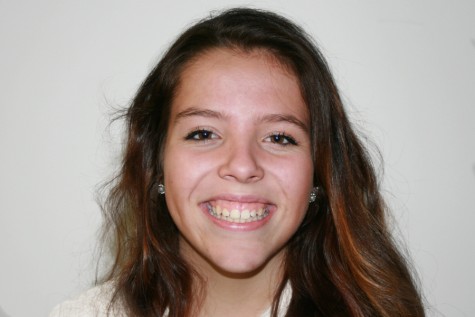
Class: Senior
Extracurricular Activities: Melody Makers
Hobbies/Interests: Writing, singing, reading, volleyball
Plans after High School: Going...

